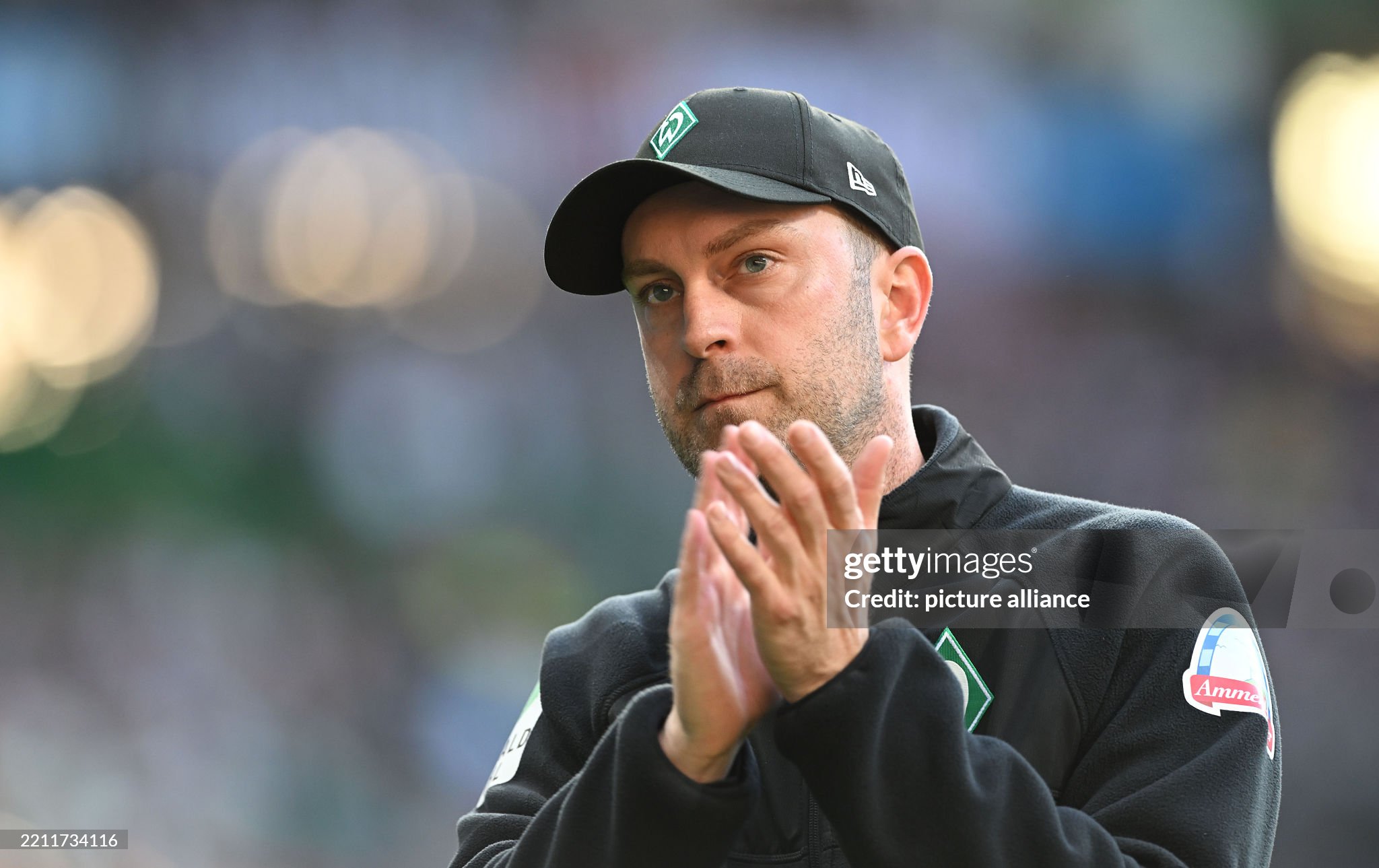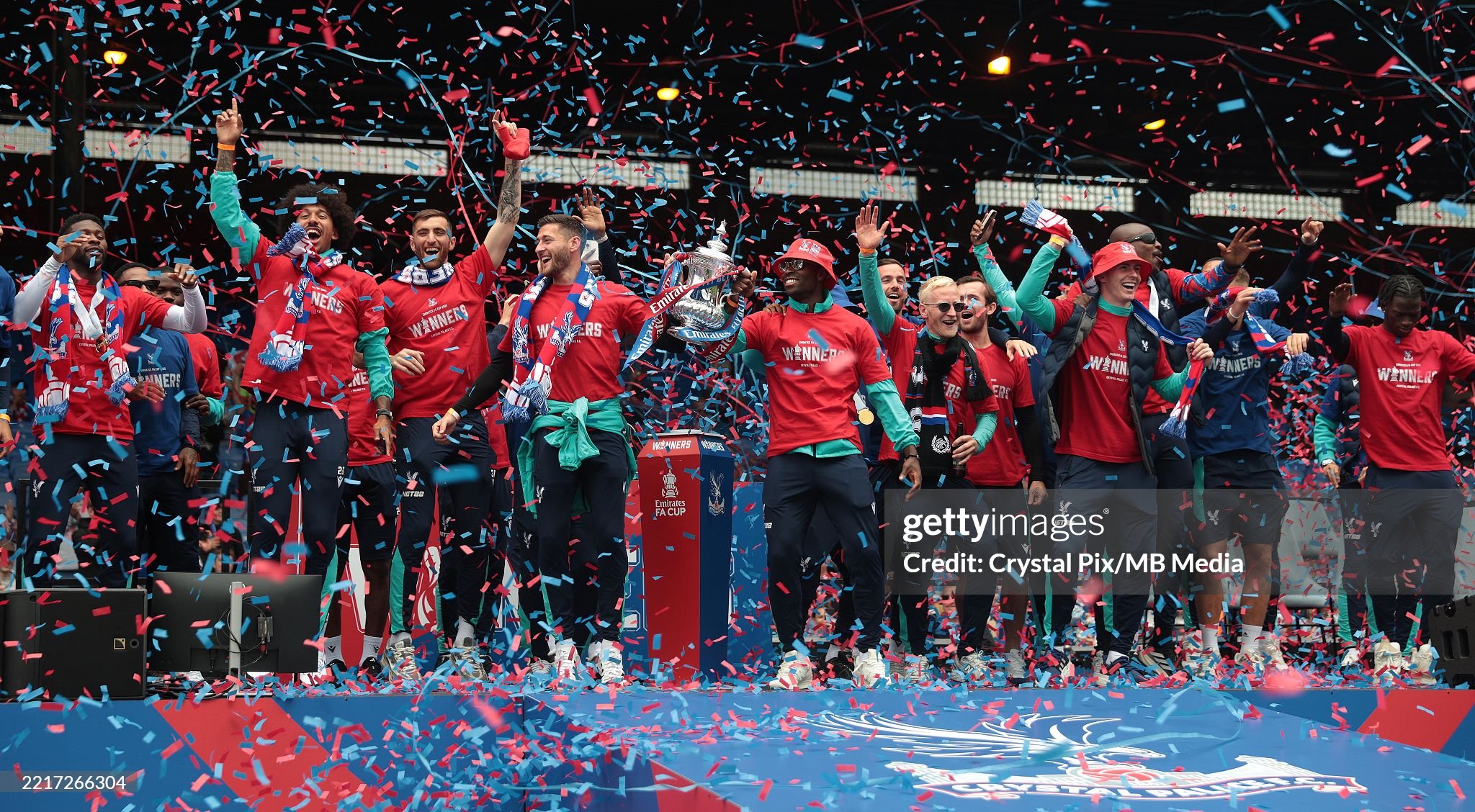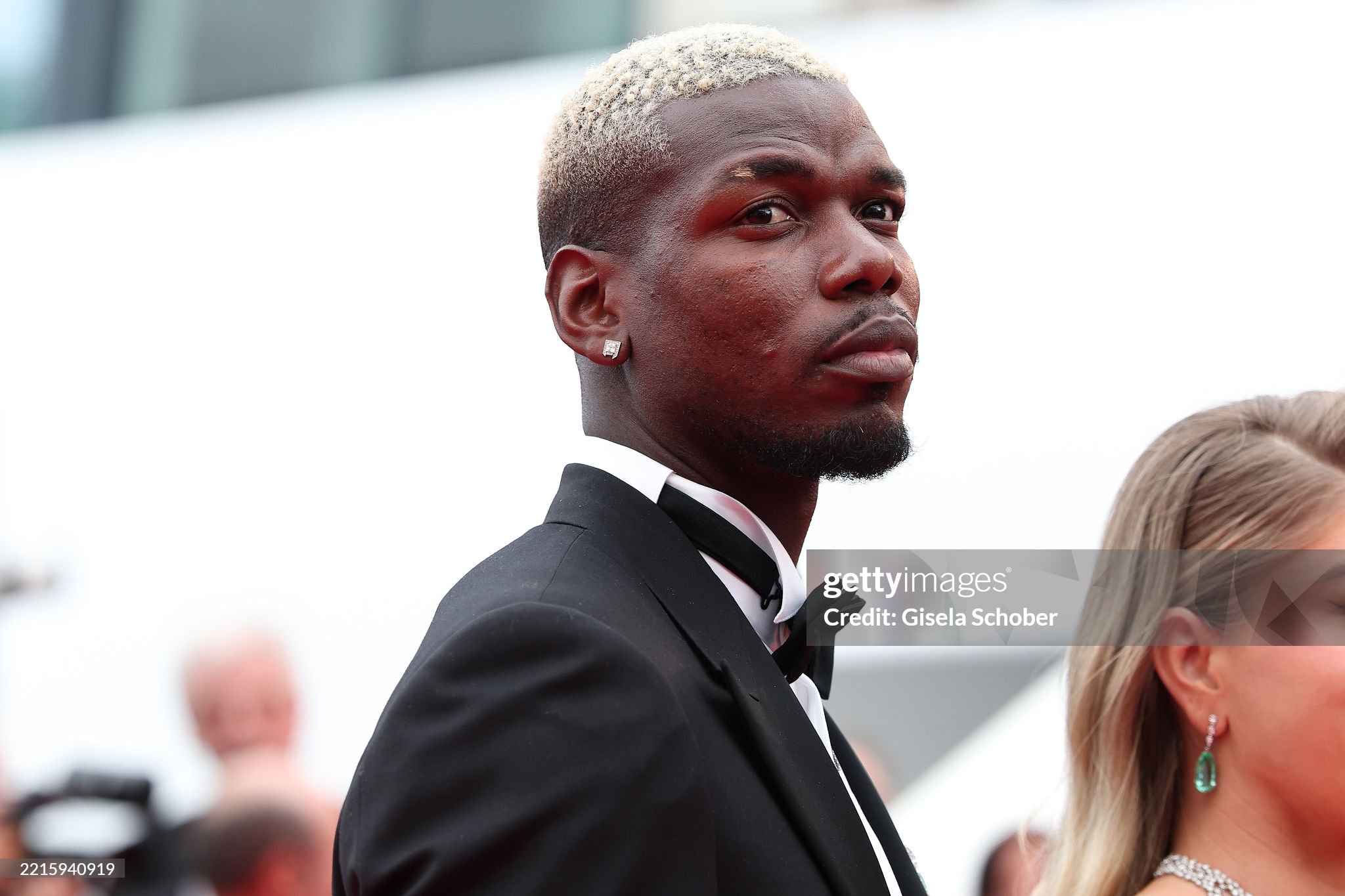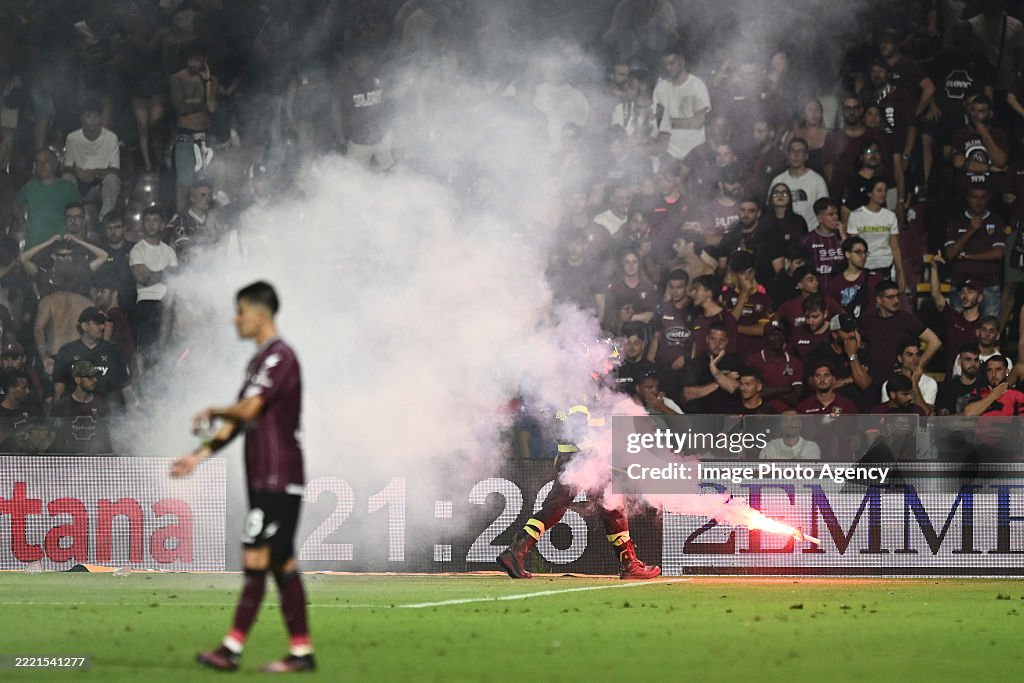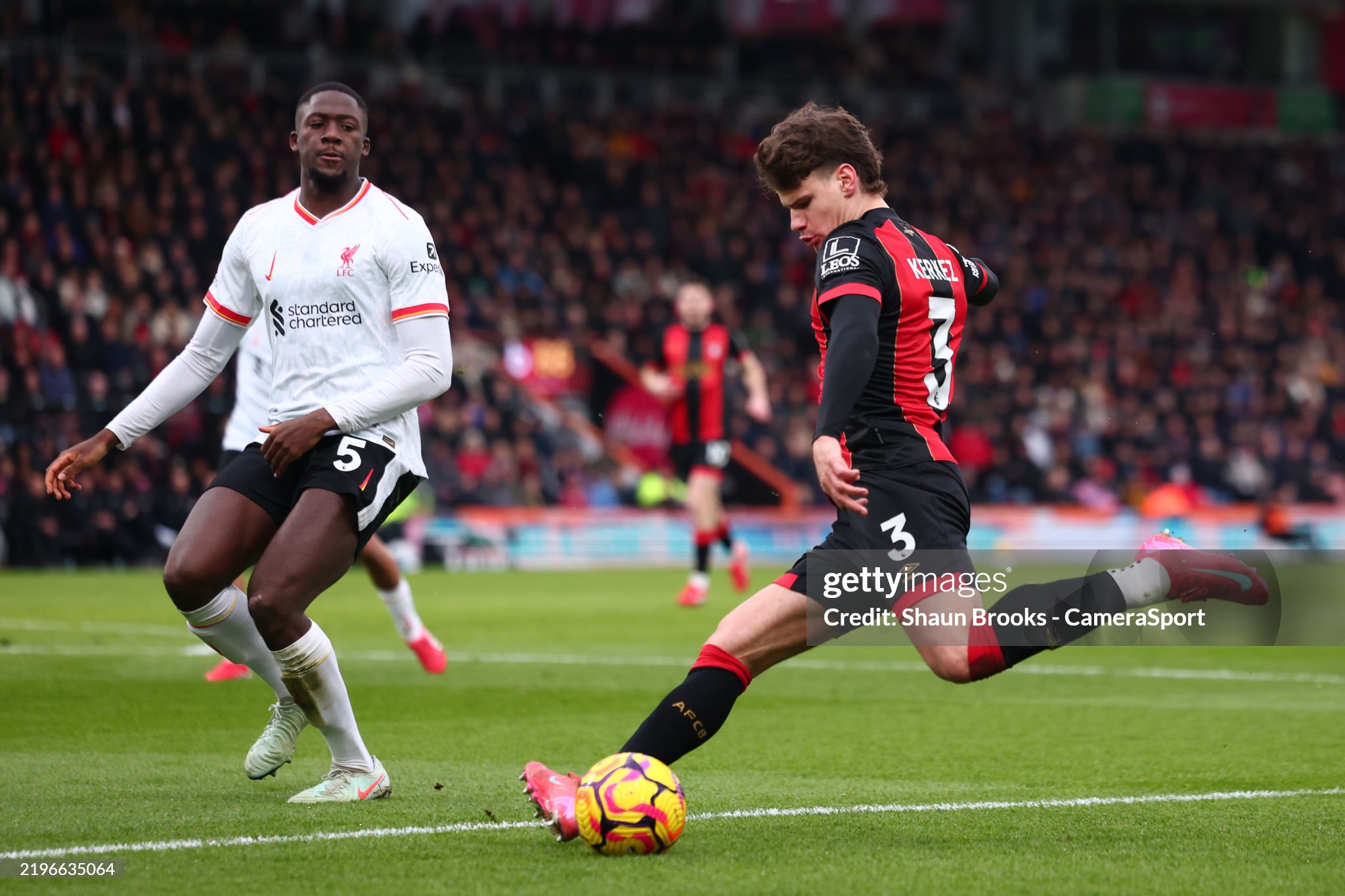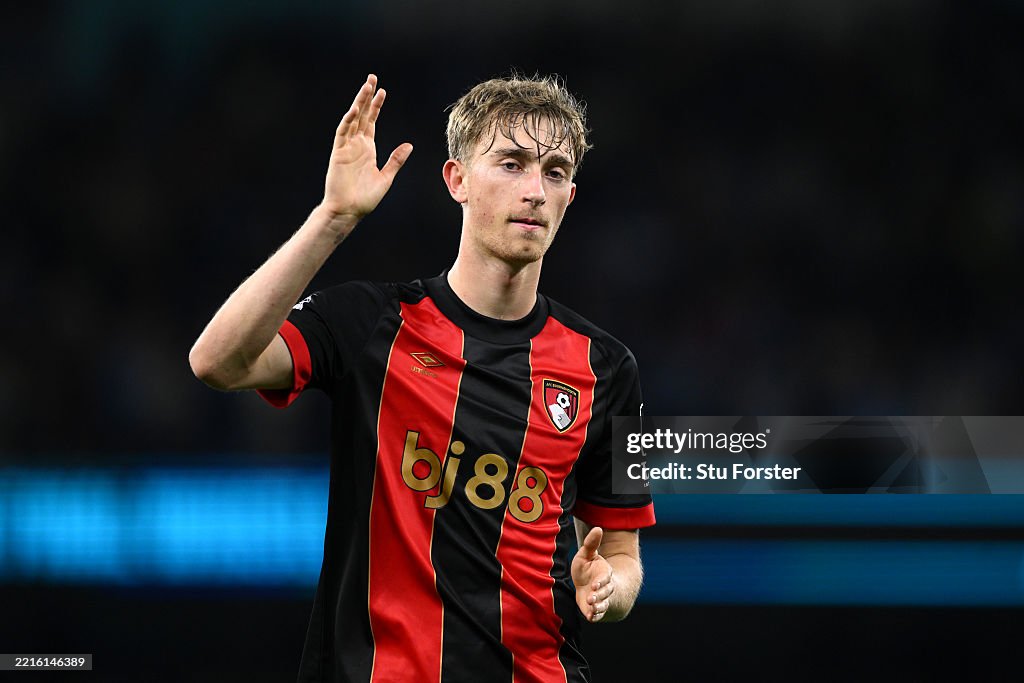Atlético Madrid's elimination in the group stage of the Club World Cup has caused mixed feelings in the Madrid media. On one hand, there is prevailing frustration with the refereeing. On the other hand, attention is also being drawn to the limitations within the squad that affected the team.
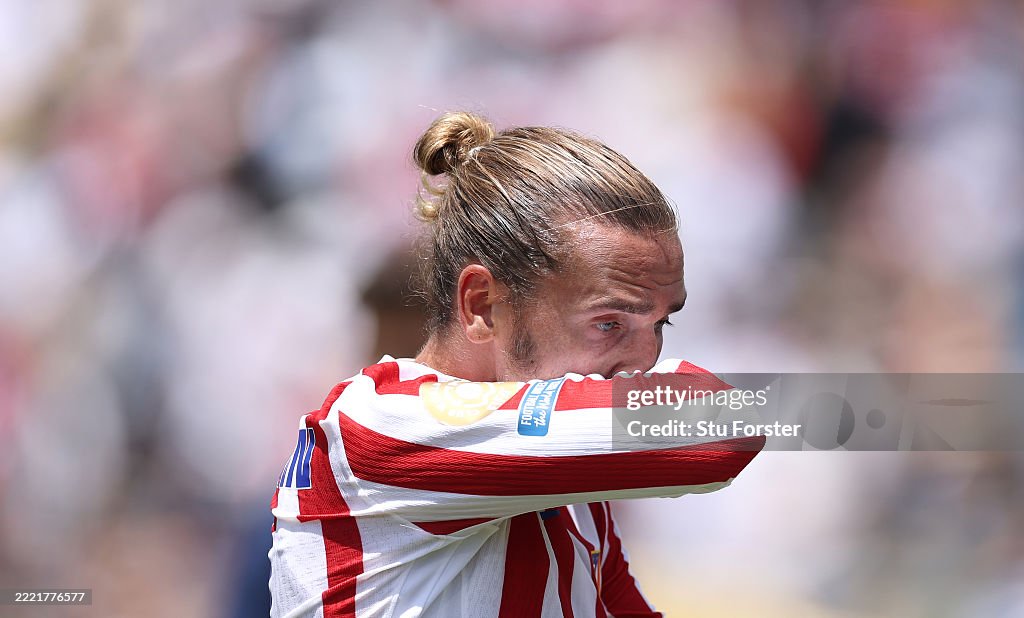 Embed from Getty Images
Embed from Getty Images
Atlético Madrid's journey in the Club World Cup came to a bitter and controversial end, despite securing a narrow 1-0 victory over Botafogo.
The result, however, was not enough to see them through the group stage, and their elimination has triggered a storm of criticism in the Spanish press not only towards the referees and VAR, but also towards the club’s overall planning, ambition, and performance on the pitch.
The newspapers Diario AS and Marca, two of the most influential sports outlets in Madrid, were in rare agreement: Atlético had been seriously harmed by questionable officiating and inconsistent VAR decisions. During the tense and high-stakes encounter with Botafogo, striker Julián Álvarez was at the heart of multiple penalty claims none of which were awarded. In the most contentious moment, a clear penalty initially given in his favor was dramatically overturned after a prolonged VAR check.
The decisive factor in that reversal was an alleged foul by Alexander Sørloth in the buildup a marginal call that left fans and analysts alike scratching their heads. Refereeing expert Iturralde González, a former top-level official himself, publicly criticized the decision, highlighting what he called a “lack of consistency” in the referee’s approach to physical challenges. “You can’t allow certain duels to play on and then whistle a foul for the exact same contact minutes later,” González argued, pointing out the need for a clear and coherent standard.
Diego Simeone, never one to shy away from controversy, made his frustrations known in his post-match statements. He did not just focus on the Botafogo match but also recalled the team's opening clash with Paris Saint-Germain, describing it as “a cascade of bad calls.” He pointed to several incidents: a dangerous challenge by Nuno Mendes that went unpunished, a goal from Álvarez ruled out for a marginal offside, a highly debated red card shown to Clément Lenglet, and a soft penalty awarded to PSG after what appeared to be minimal contact on Robin Le Normand.
Simeone’s frustration seemed to be shared by his players. His son, Giuliano Simeone, who was part of the starting eleven against Botafogo, expressed his disbelief during halftime, reportedly telling teammates: “I’ve never seen anything like this. Every single decision goes against us.” The team’s body language throughout the match visibly tense and emotionally charged reflected their growing irritation with the officiating.
Yet despite the wave of outrage over refereeing, Madrid’s press did not let the club off the hook. In strongly worded editorials, both Marca and AS shifted the spotlight back onto Atlético itself, questioning the decisions made off the pitch as much as those made on it.
Marca noted that while the players fought with “commendable effort,” they lacked the sharpness and decisiveness needed in key moments. The report specifically mentioned how Atlético “completely failed to control the first half against Botafogo,” allowing the Brazilian side to dictate the pace and rhythm of the match. The newspaper also raised a deeper structural issue, asking: “Should Atlético have been more aggressive in the transfer market? This tournament required reinforcements and vision instead, the board approached it with a total lack of ambition, and that passivity was painfully visible on the field.”
The criticism wasn’t limited to performance or ambition alone. AS delved into tactical and stylistic concerns. According to their analysis, Atlético played without the intensity or precision required at this level. The article described the Spanish side as “sloppy and careless,” often unable to maintain possession or win the second ball. Botafogo, by contrast, were praised for their cohesion and tempo. “The Brazilians pressed high, moved as a unit, and transitioned with blistering speed,” AS wrote. “Atlético looked slow, overly predictable, and posed about as much threat as a water pistol. They couldn’t impose themselves and even if they had, they didn’t seem allowed to.”
The harsh language used by both newspapers reveals the scale of disappointment and concern among Atlético supporters and the wider football community in Spain. This was supposed to be a chance for Simeone’s team to assert their global standing, to prove that they could compete on the world stage beyond La Liga and the UEFA competitions. Instead, they are returning home early and under a cloud of both external injustice and internal underperformance.
The fallout from this elimination could go beyond headlines. Questions will inevitably be asked about the club’s transfer strategy, depth in key positions, and whether Simeone’s approach once so effective needs to evolve. While the refereeing may have played a role in their downfall, the broader picture painted by the media is one of a team that failed to rise to the occasion, both in preparation and execution.
In short, Atlético’s Club World Cup campaign has become a case study in how poor officiating can combine with structural flaws to derail even the most determined efforts. And for a club of Atlético’s stature, mere participation is never enough. The coming weeks may determine whether this exit becomes a wake-up call or the beginning of a deeper crisis.
Updated: 11:54, 24 Jun 2025
